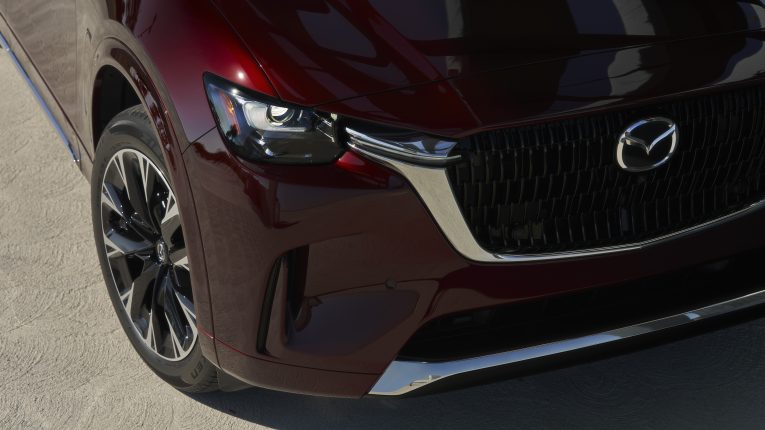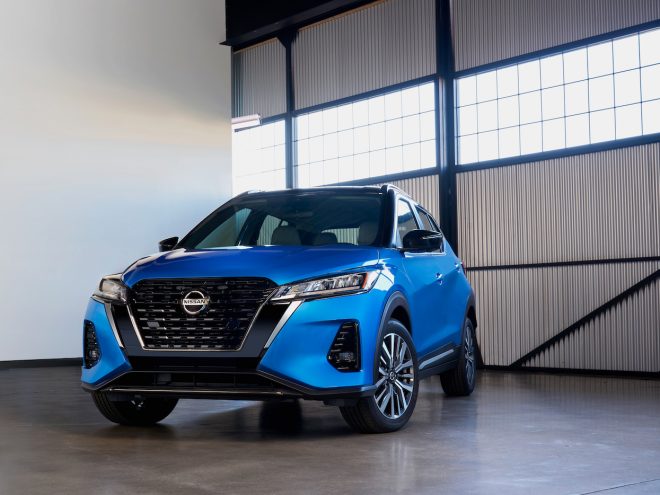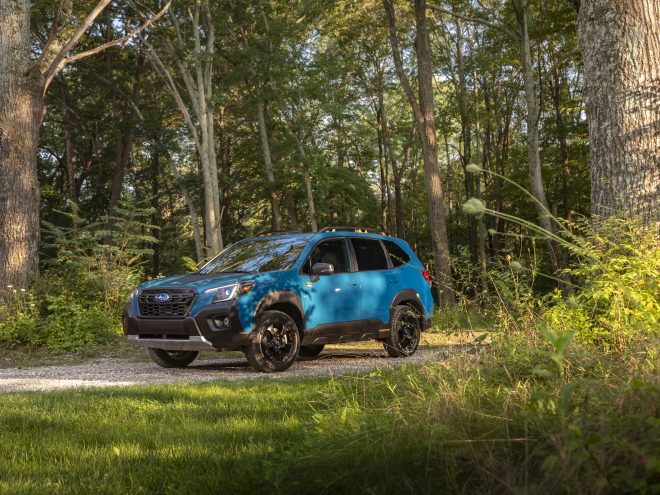
Routine Car Care: What to Check for Proper Vehicle Maintenance
Your vehicle is more than just a means of transportation; it’s an essential part of your daily life. To ensure it runs smoothly and reliably, routine car care is crucial. Regular maintenance not only prolongs your vehicle’s lifespan but also enhances safety on the road.
From checking engine oil to inspecting tires and brakes, proper vehicle maintenance involves a series of essential tasks. In this article, we’ll explore what you should check to keep your car in tip-top shape, ensuring it serves you well for miles to come.
1. Engine Oil
Engine oil is the lifeblood of your car’s engine. Regularly check the oil level using the dipstick to ensure it’s within the recommended range. Additionally, change the oil and replace the oil filter as per the manufacturer’s guidelines. Clean and sufficient oil keeps your engine well-lubricated and prevents costly damage. Be sure to choose the right type of oil for your vehicle, as different engines require different oil viscosities.
2. Transmission Fluid
Transmission fluid is crucial for the smooth operation of your car’s gears. Check the fluid level and condition regularly. Low or dirty transmission fluid can lead to transmission problems, which are expensive to repair. Follow your vehicle’s maintenance schedule for fluid changes. Transmission fluid should be replaced according to the manufacturer’s recommendations, and it’s essential to use the correct type of fluid for your specific transmission.
3. Windshield and Wipers
Your windshield plays a critical role in maintaining visibility and safety while driving. Regularly inspect it for any cracks, chips, or pitting, as these can impair your field of vision and compromise structural integrity. Even small chips can spread into larger cracks, which could force you to consider a windshield replacement.
Address minor damage promptly with professional repair services. Additionally, examine your windshield wipers for signs of wear, such as streaking or squeaking. Worn wipers can hinder visibility during rain or snow.
4. Brake System
Your safety relies on your brake system. Inspect the brake pads, rotors, and brake fluid regularly. If you hear squeaking or grinding noises or notice decreased braking performance, it’s time to replace the brake pads. Brake fluid should also be clear and at the recommended level. Neglecting brake maintenance can lead to dangerous situations, so it’s crucial to address any brake issues promptly.
5. Tires
Tire maintenance is vital for safety, fuel efficiency, and tire longevity. Check tire pressure monthly and keep it at the recommended level, which can typically be found in your vehicle’s owner’s manual or on a label inside the driver’s door jamb. Inspect the tread for wear and tear, looking for signs of uneven wear, cracks, or bulges. Ensure proper alignment by having your tires rotated and balanced regularly. Don’t forget to check the spare tire’s condition as well.
6. Battery
A healthy battery is essential for starting your car reliably. Check the battery terminals for corrosion and ensure they are securely connected. Batteries have a limited lifespan, so be prepared to replace them when needed, typically every 3-5 years. If you experience slow cranking or notice your lights dimming, it may be a sign that your battery is weakening and needs replacement.
7. Air Filter
The air filter ensures that your engine receives clean air for combustion. Check it regularly and replace it if it’s dirty or clogged. A clean air filter improves engine efficiency and helps you save gas. Typically, air filters should be replaced every 15,000 to 30,000 miles, but it’s a good idea to check it more often if you drive in dusty or polluted environments.
8. Exhaust
Enhancing your vehicle’s exhaust system is a widely favored modification that can also positively contribute to your car’s well-being. Improving performance ranks as one of the top reasons individuals seek to replace their exhaust systems, aiming to optimize the overall capabilities of their engine. Customizability is another reason why you may choose to replace your exhaust system as this allows you to personalize the look of your vehicle. If you are looking to upgrade your exhaust system to a one-of-a-kind custom exhaust then getting in touch with experienced European vehicle specialists is where to start. It’s also worth mentioning that certain modifications, including this one, might result in increased noise levels, making it even more essential to adhere to local noise regulations in your area.
Conclusion
Routine car care is the key to keeping your vehicle in optimal condition. By regularly checking and maintaining various components of your car, you can ensure its safety, reliability, and longevity. From monitoring fluid levels to inspecting brakes and tires, each aspect of proper vehicle maintenance plays a crucial role in your car’s performance.
By dedicating time to these tasks, you not only save money on potential repairs but also enjoy a smoother and safer driving experience. So, remember to incorporate these maintenance checks into your routine, and your car will thank you with years of trouble-free service.









